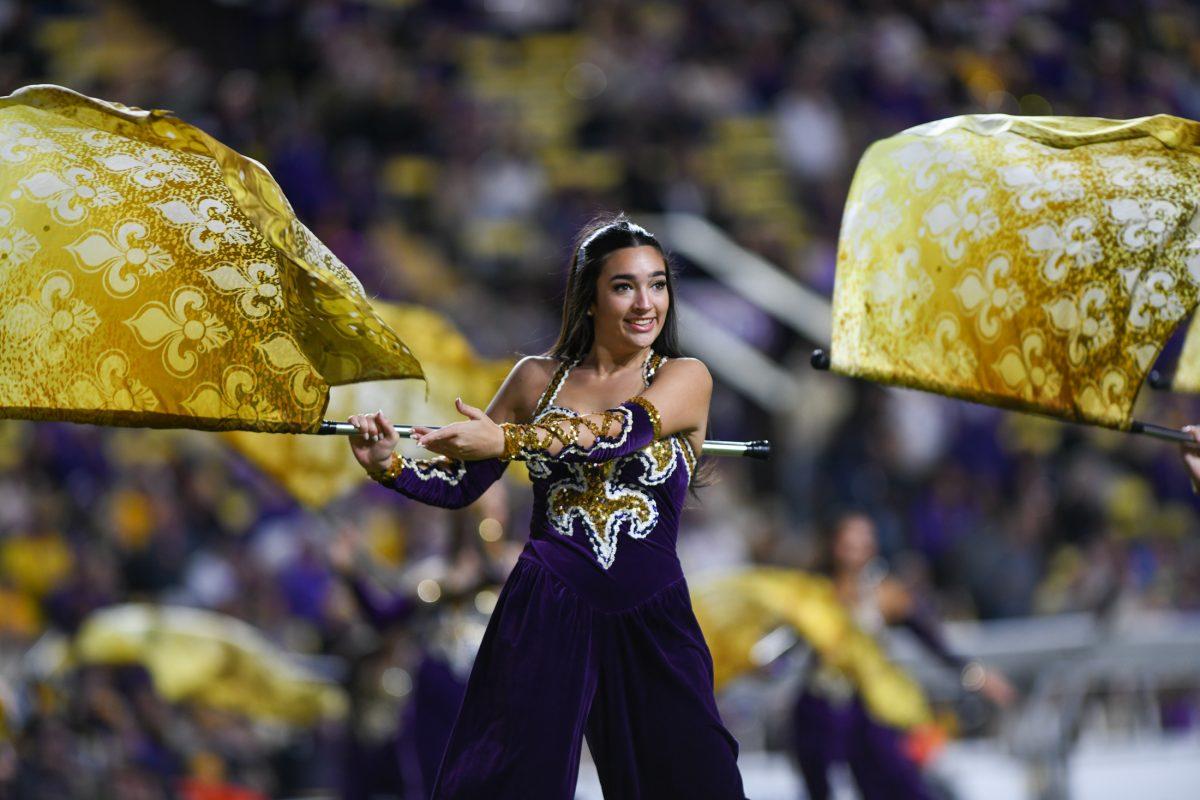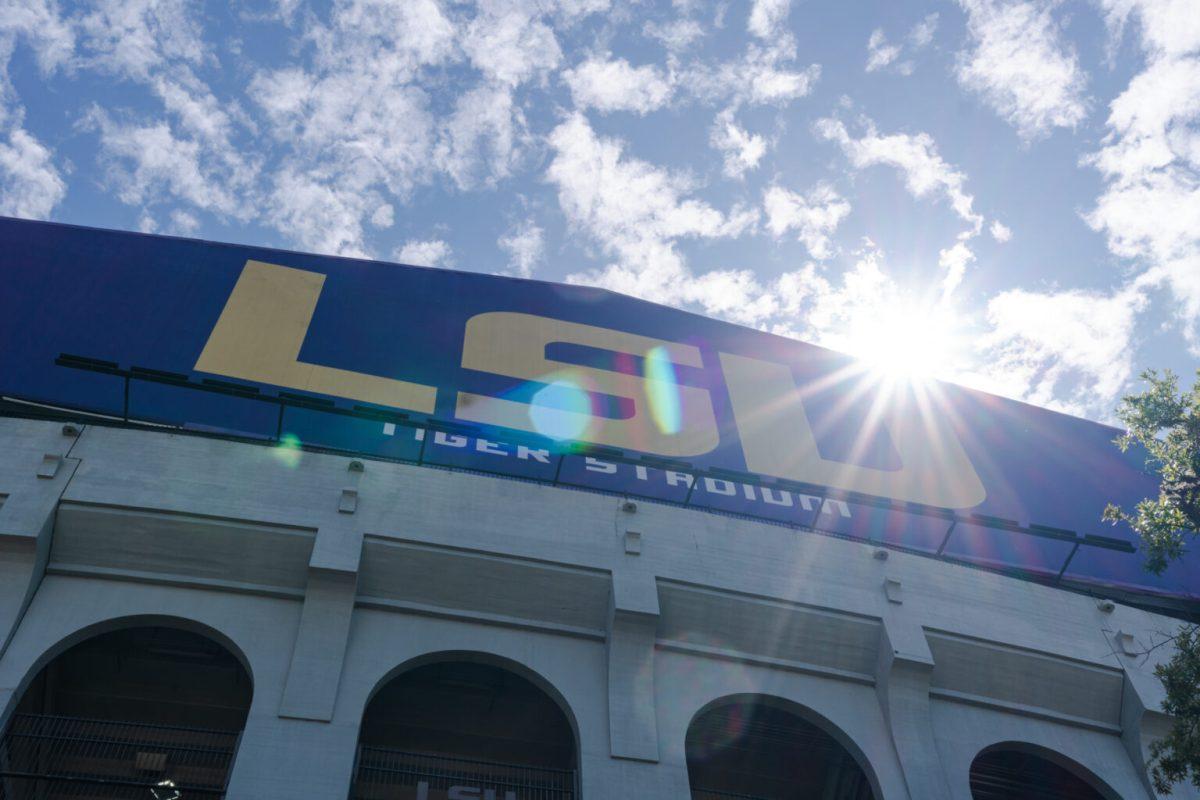The facts: N.C. State won a presidential award for the amount of community service its students participates in. Our University integrates the importance of leadership in one’s community in various aspects of students’ lives.
Our opinion: We are seen as the apathetic generation because of our lack of political activism; however, this is far from the truth. We approach community issues with action as opposed to representation.
N.C. State was awarded the President’s Award in the 2012 President’s Higher Education Community Service Honor Roll last week for its attempts to incorporate community service into student’s learning. Being one of only five universities in the nation to win this award speaks volumes as to the amount of dedication our University has towards public service. Our students could be defined by this type of hands-on experience to make an impact in the community rather than the typical apathetic, microwave generation we are portrayed as.
N.C. State alone has ongoing service events for students to get involved in. The Center for Student Leadership, Ethics and Public Service is devoted to this type of involvement, giving opportunities to affect communities on a national and global scale, as well as our own society here in Raleigh. Various events not only allow students to demonstrate their service-orientated outlook, but also create a chance to demonstrate their political activism.
War on Terror protests, GLBT activism, and the Occupy movements are examples of our generation attempting to physically change and shape our society. However, we are continually seen as a generation marked by indifference. Generations before us were politically involved by voting in attempts to elect a representative who could make a difference. Our generation is not so fortunate to have a valid candidate-of any kind-to rally behind. Because of this, we have developed a system for acting on, rather than talking about, what to change.
Our hours of community service outweigh those of the previous generations combined. We identify a problem and move toward the solution faster and more efficiently than our current leaders. Our branding of apathy is not only invalid but uncalled for because of this determination to make a change.
We should continue to put forth the efforts in public service and lead younger generations to follow our example. The current state of our society is asking for a change. We are getting tired of the bureaucratic solutions to our problems-luckily the paradigm is shifting in our favor. We should continue to disprove this view of our “lethargic” generation and continue to make an impact in the communities we interact with.





